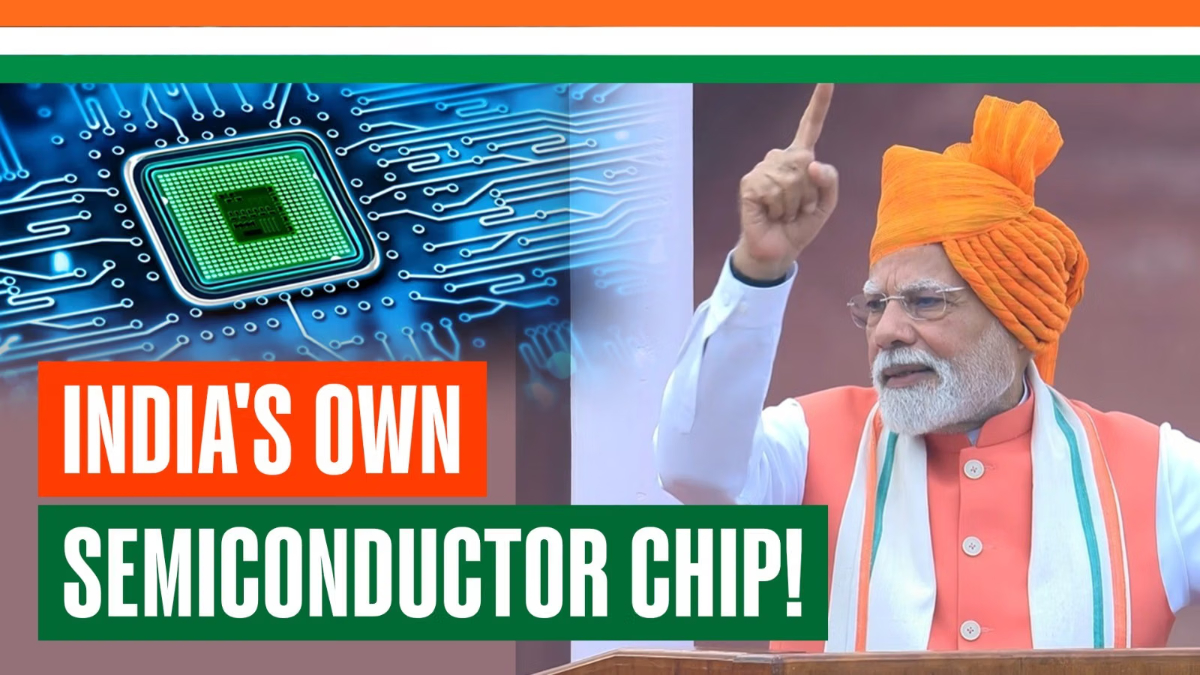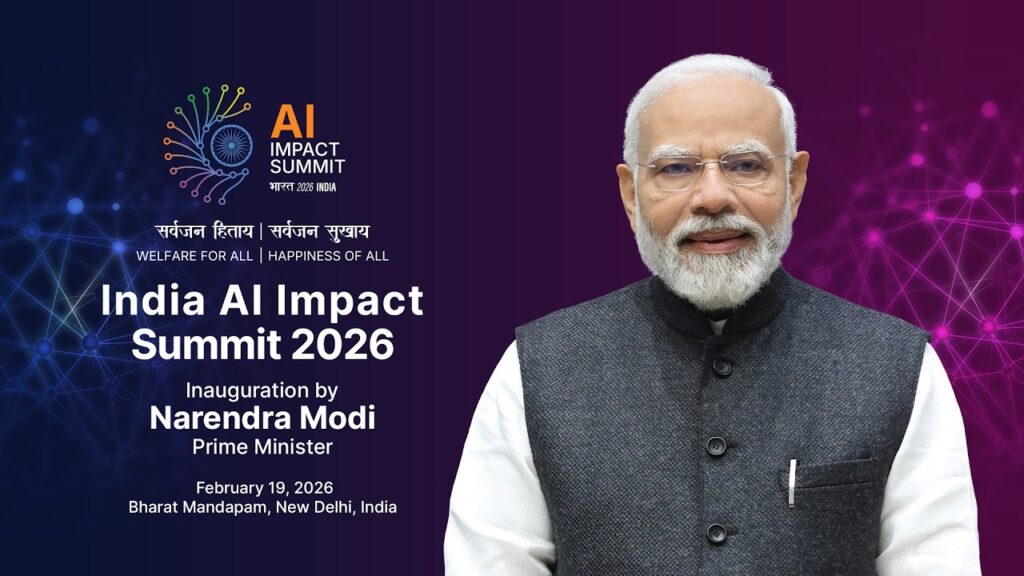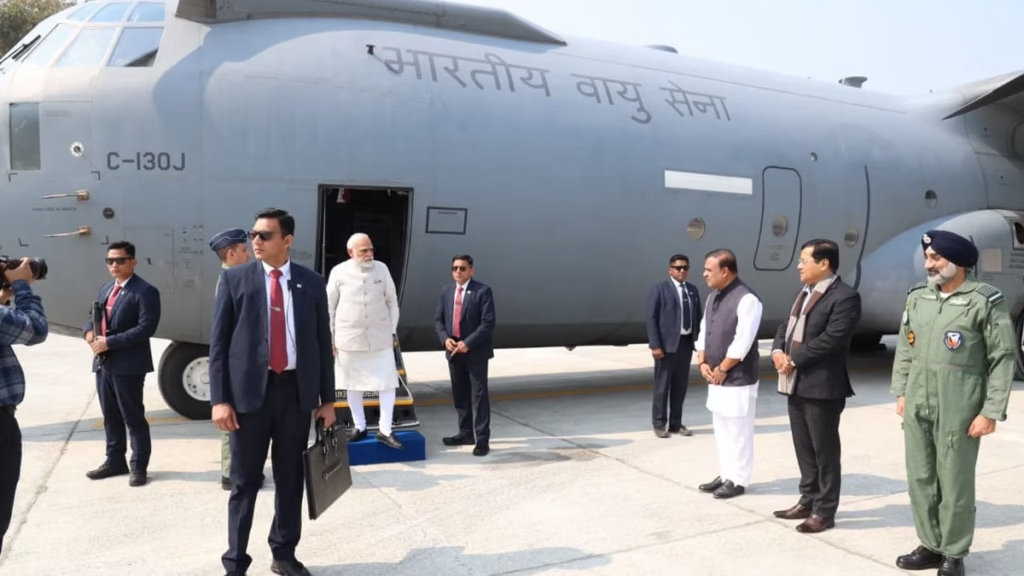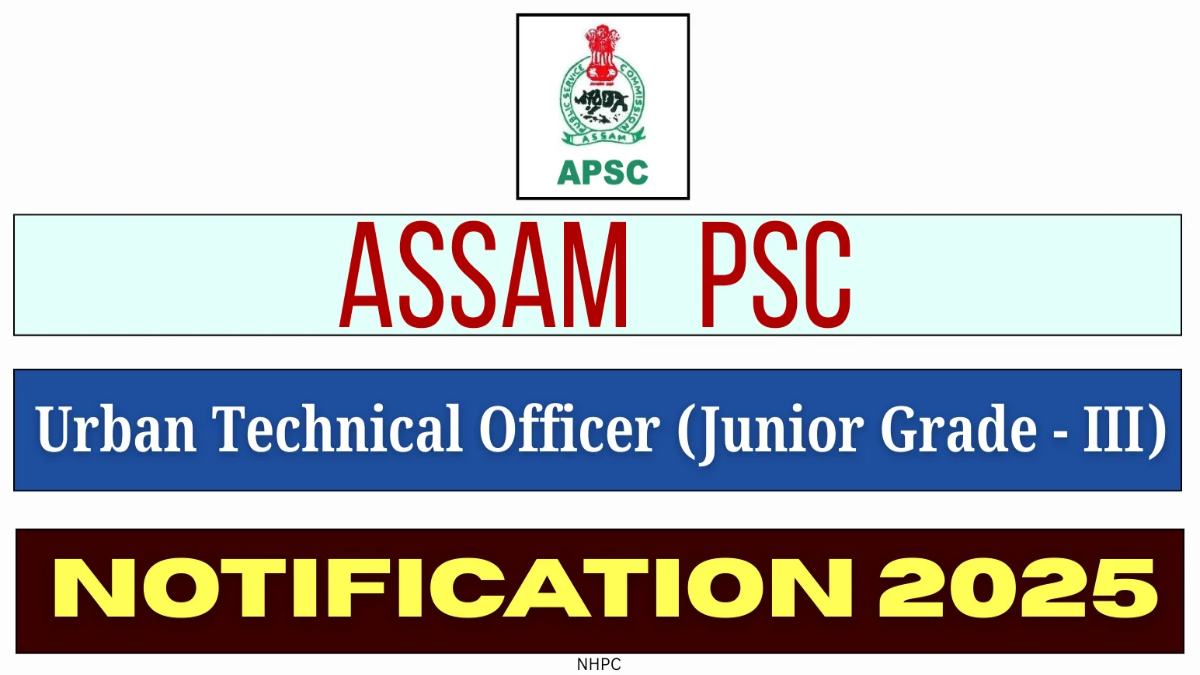Now Reading: PM Modi: Next Phase of India’s Chip Mission Underway
-
01
PM Modi: Next Phase of India’s Chip Mission Underway
PM Modi: Next Phase of India’s Chip Mission Underway

In a major push for India’s technological and economic self-reliance, Prime Minister Narendra Modi has announced that the government is actively working on the next phase of the India Semiconductor Mission (ISM) and the Design Linked Incentive (DLI) scheme. Speaking at the inaugural session of Semicon India 2025 in New Delhi, the Prime Minister underscored the nation’s commitment to becoming a global powerhouse in the semiconductor ecosystem, from design to manufacturing.
The Prime Minister’s address, which was a highlight of the three-day conference, emphasized that while oil was the “black gold” of the last century, chips are the “digital diamonds” of the 21st century. He expressed confidence that a day is not far when the world will proudly declare, “Designed in India, Made in India, Trusted by the World.”
A Vision for a Full-Stack Semiconductor Nation
The government’s ambitious vision extends beyond merely setting up fabrication units. The focus, as stated by PM Modi, is on building a “full-stack semiconductor nation.” This holistic approach encompasses a comprehensive ecosystem that includes designing, manufacturing, packaging, and developing high-tech devices within the country.
This vision is already yielding tangible results. The Prime Minister highlighted the rapid progress made since the launch of the ISM in 2021. So far, ten semiconductor projects have been approved, attracting a cumulative investment of over $18 billion (more than ₹1.5 lakh crore). These projects, including fabrication plants, assembly, testing, marking, and packaging (ATMP) units, and compound semiconductor facilities, are spread across six states, demonstrating the wide-ranging impact of the mission.
Strengthening the Design Ecosystem: The DLI Scheme
A crucial pillar of India’s semiconductor strategy is the Design Linked Incentive (DLI) scheme. This program is designed to nurture a vibrant chip design ecosystem by providing financial incentives and infrastructure support to domestic companies, startups, and MSMEs. Under this scheme, 23 chip-design projects have already been sanctioned, with 72 companies gaining access to industry-standard Electronic Design Automation (EDA) tools.
The Prime Minister’s announcement of a “new DLI scheme” signals an enhanced and more focused approach to supporting indigenous chip design. This is a critical move, as India already contributes approximately 20% of the world’s semiconductor design talent. By strengthening the DLI scheme, the government aims to empower these innovators and entrepreneurs, transforming India from a provider of design talent to a creator of intellectual property and cutting-edge chip solutions.
Critical Minerals and Infrastructure
Acknowledging the foundational role of critical minerals in the digital infrastructure, PM Modi also revealed that work is underway on the National Critical Mineral Mission. This initiative is aimed at securing the supply of rare earth minerals, which are essential components for chip manufacturing. By focusing on both the hardware (fabs and ATMP units) and the raw materials, the government is building a resilient and self-sufficient supply chain.
The government’s proactive policies, including the National Single Window System, have significantly reduced paperwork and bureaucracy, creating a more conducive environment for investors. The Prime Minister’s call for states to engage in “healthy competition” to attract semiconductor investments further emphasizes the collaborative, all-of-government approach to achieving this national goal.
A Future Built on Trust and Innovation
The PM’s address painted a picture of an India that is not only a consumer of technology but a global leader in its creation. He noted that the country’s rapid economic growth, with a GDP growth rate of 7.8%, and its stable policies make it a “lighthouse of stability and growth” in a turbulent global environment. With major global players like Micron and Tata setting up facilities in India, the world’s trust in the country’s potential is clearly growing.
The next phase of the India Semiconductor Mission and the new DLI scheme are poised to accelerate this momentum, further solidifying India’s position on the global semiconductor map. The journey, as the Prime Minister said, may have started late, but the nation’s determination to succeed in this critical sector is now unstoppable.










